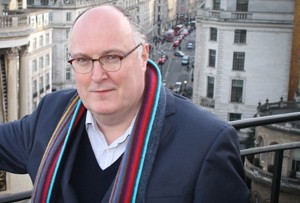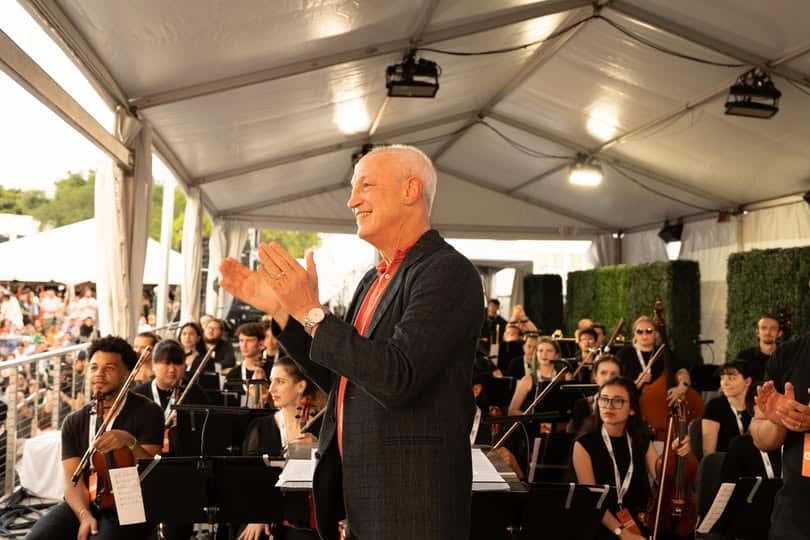BBC flaps back at Guardian classical attack
mainThe BBC’s head of classical music Alan Davey has published a somewhat damp response to the Guardian’s editorial deprecation of the coming Proms season as dull and posh.
Here‘s Davey’s defence of his sticky wicket:
Your editorial (5 July) asserts that “for the rich, events like the Proms provide status experiences that will convey bragging rights with fellow have-yachts”. It must please be noted that once again this summer there will be 100,000 seated tickets available for under £15, alongside 70,000 Promming (standing) tickets that can be purchased daily for £6, as the Proms continues its commitment to being one of the world’s most democratic festivals.
On the question of “What is classical music for?” you make some good essential points: that classical music is and never should be reduced to background muzak; it should not live in the past; it should not become simply a commodity. It should make the listener think, understand humanity, and feel more alive.
However, I don’t recognise the suggestion that the BBC Proms is “easy listening” nor that Radio 3 is a “complacent titan”. Radio 3 and the BBC Proms are among the most significant commissioners of new classical music anywhere in the world. Much of the music we play is not heard anywhere else, the BBC Proms indeed opens with a world premiere and new music features right through to the last night. On Radio 3 we play complete works, reflecting live music up and down the country, supporting talent making new work and working hard to redraw the boundaries of the canon, recording historical works by female and BAME composers that have not been widely heard before. So it’s curious the writer dismisses Radio 3, and the BBC Proms, orchestras and choirs for their work pushing boundaries in classical music – the BBC’s support in this area should never be taken for granted.
Alan Davey
Controller, BBC Radio 3 and BBC Classical Music






Comments